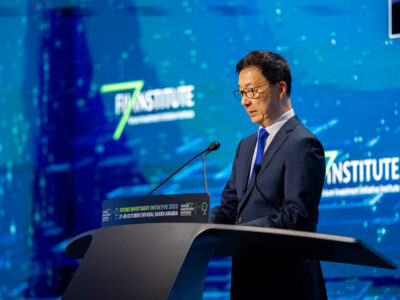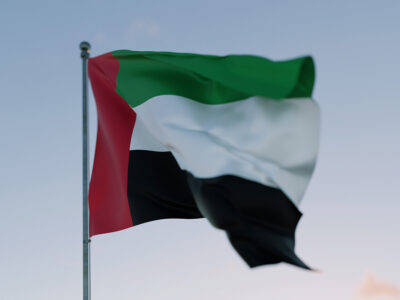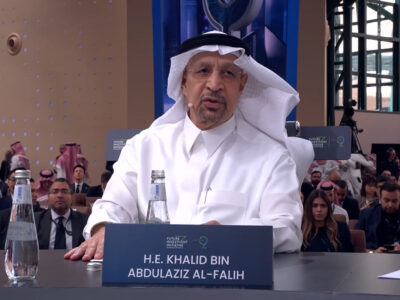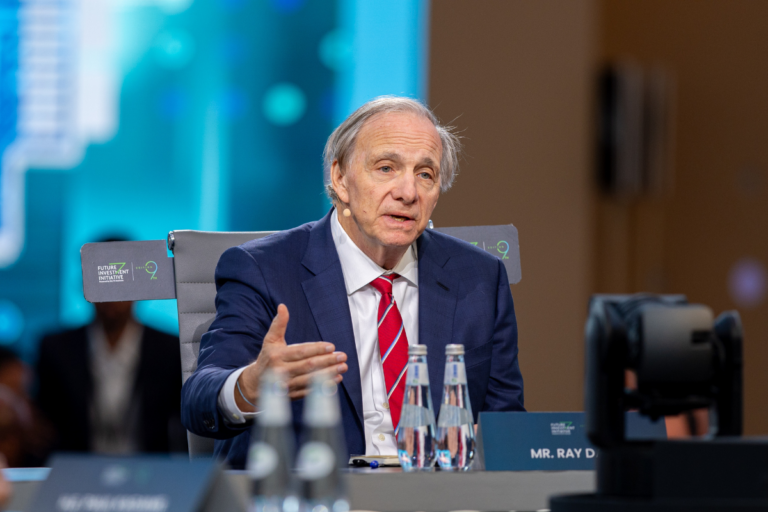Bridgewater Associates founder Ray Dalio said countries that educate children well, uphold civility, ensure productivity for most people and avoid internal and external conflict are best placed to succeed, setting out a four-point formula drawn from his study of history.
Speaking on a Future Investment Initiative panel in Riyadh titled Is Humanity Heading in the Right Direction, Dalio framed the debate as a balance between reality and aspiration. “Everything works like a machine,” he said, urging leaders to focus on cause and effect and on who has “their hands on the levers of power to make things change.”
Dalio said his reading of 500 years of history yields four essentials. “There are only really four things that a country needs to do in order to be successful. First, educate your children. Well,” he said. Education should produce productivity and civility, he added. “Number three is to do it through productivity for most people,” he said, arguing that societies must work for the broad population rather than a narrow class. “And then number four, don’t have a war. Don’t have an internal war, don’t have an external war.”
He also urged leaders to value a shared moral framework. Citing common threads across religions, he said the principle is “Do unto others as you would have them do unto you, or it’s karma, which is the same.” What matters, he said, is choosing “the common good” and the ability “to empathise with those other circumstances and to rise above the selfish or self.”

The session featured political and business figures including Albania’s Prime Minister Edi Rama, Rwanda’s President Paul Kagame, Pakistan’s Prime Minister Shehbaz Sharif, Guyana’s President Irfaan Ali and FIFA President Gianni Infantino. The discussion ranged from leadership “delivery” and rebuilding public trust, to Europe’s need for humility and the role of sport in social cohesion.
Kagame said leadership starts with results citizens can measure. Rama said the West suffers from “inertia not imagination” and called for diplomacy alongside security. Sharif described Pakistan’s climate losses and appealed for fairer global cooperation on technology and finance. Ali highlighted Guyana’s biodiversity and argued that small states can compete by investing in human capital, energy and digital infrastructure.
Returning to first principles, Dalio said prosperity without civility is fragile. If nations educate well, maintain civility, ensure productivity for most and steer clear of war, he said, “you’ll have a successful society.”









